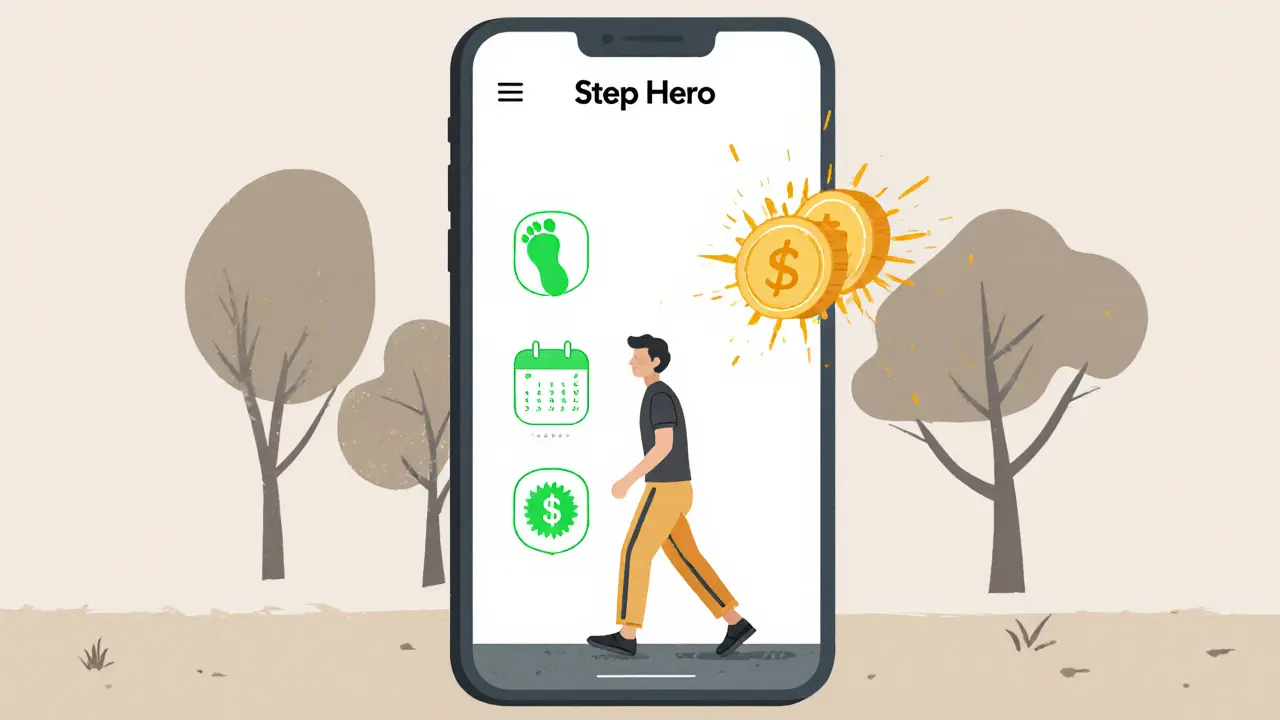Airdrop 2025: What's Real, What's Scam, and Where to Find Legit Free Crypto
When people talk about airdrop 2025, a distribution of free cryptocurrency tokens to wallet holders as part of a marketing or community incentive. Also known as free crypto giveaway, it's one of the most talked-about ways to get into crypto without spending a dime. But not all airdrops are created equal. Some give you real tokens you can trade or use in apps. Others? They’re just digital traps designed to steal your private keys or trick you into paying fake fees.
Real Web3 airdrop, a token distribution tied to a working blockchain project with active users and transparent team info usually asks for nothing more than a wallet address. You might need to complete simple tasks like joining a Telegram group, following a Twitter account, or holding a specific coin. Projects like TOPGOAL airdrop, a Web3 sports game that gave away 10,000 NFTs to fans who completed nine steps and OneRare First Harvest airdrop, a food-themed Web3 game that handed out free NFT ingredients to 101 winners did exactly that — no deposit, no KYC, no upfront cost. They rewarded early supporters with actual utility tokens.
On the flip side, fake airdrops are everywhere. Sites like LocalCoin DEX, a fake crypto platform pretending to be a decentralized exchange or Coinbook, a scam exchange that doesn’t exist but tricks users into depositing funds use the word "airdrop" to lure you in. They’ll ask for your seed phrase, send you a link to a fake wallet, or demand a small "gas fee" to claim your "free tokens." That’s how you lose everything. If it sounds too good to be true — like claiming $10,000 in crypto for signing up — it is.
By 2025, most legit airdrops come from projects that already have traction: a working app, real trading volume, and a team you can verify. You’ll find them on trusted platforms like CoinMarketCap or official project blogs — never on random Reddit threads or TikTok ads. The biggest red flag? A project with zero social proof, no code on GitHub, or a team that hides behind anonymous handles. Real teams don’t fear transparency.
And don’t forget taxes. Even if you didn’t pay for it, the IRS and other tax agencies treat airdropped tokens as income. If you got $500 in free tokens, that’s taxable. Some users got hit with fines and penalties because they didn’t report them. Keep a record of every airdrop you claim — date, token name, value at receipt. It’s not glamorous, but it saves you from big trouble later.
Below, you’ll find real reviews of past airdrops, breakdowns of what worked, and warnings about the scams that still haunt new users. No fluff. No hype. Just what you need to know to spot the difference between free crypto and free trouble.
Step Hero Campaign Airdrop: How to Participate and What You Need to Know
The Step Hero airdrop distributed 2,980 $HERO tokens to users who completed simple app tasks in 2025. Learn how it worked, who got tokens, why it was different, and why you can't claim them anymore.
Details +